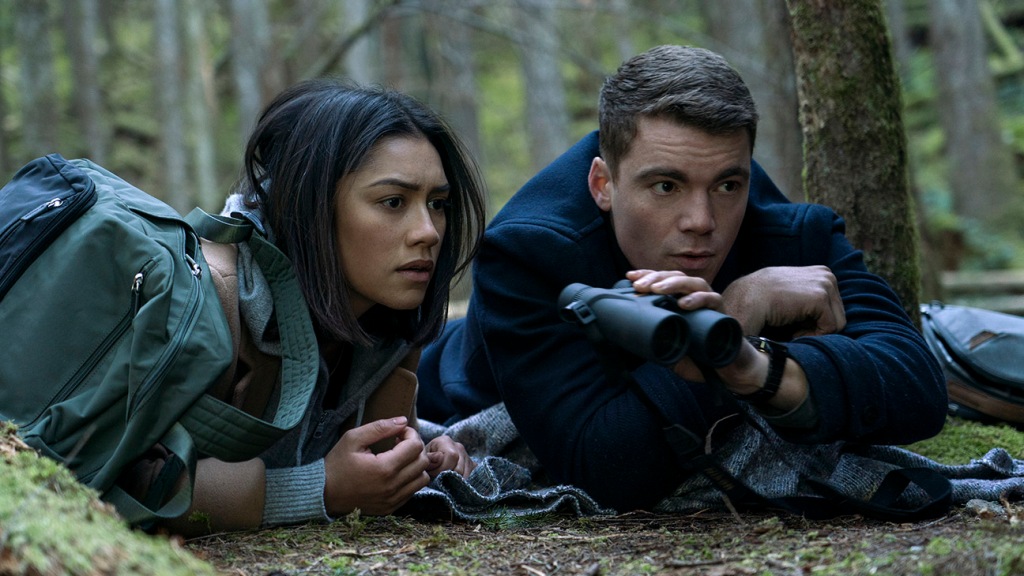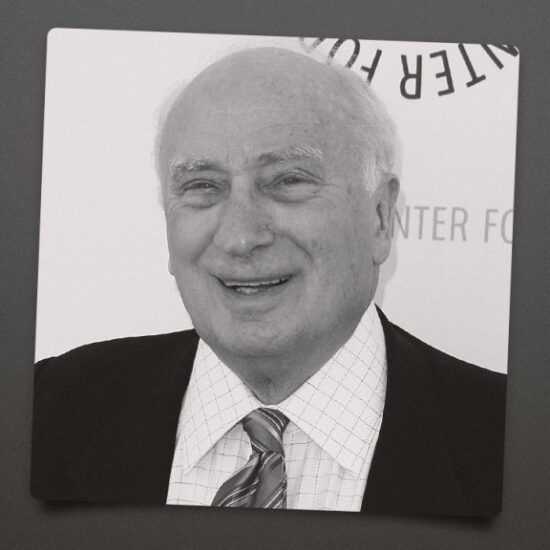
For all the things Amazon does as a streaming platform that make very little sense to me, I’ve always thought the service does a good job adapting airplane or beach novels for TV, delivering generally fast-moving genre pieces for an audience pre-disposed to devour them. Some (Bosch) have been good, some (Reacher) have been decently true to the spirit of the source material, and even the ones that were awful at least played directly to their target audience (please stop sending me DMs, Terminal List fans). All felt like reasonable plays for a company that, in its free time, has been known to sell books on the side.
Netflix doesn’t have that same business model, but Shawn Ryan’s adaptation of Matthew Quirk’s novel The Night Agent still feels like an Amazon-style show. It’s less textured and grounded than Bosch and its main character isn’t as instantly distinctive as Jack Reacher, but it’s better than The Terminal List, while blending many of the same elements of patriotism and revenge. Generally, The Night Agent is well-paced, reasonably entertaining (especially in its second half) and features an effective central turn from Gabriel Basso. Maybe it feels a little thin when it comes to its main mystery and political world-building, but it sets itself up comfortably for an ongoing series after this 10-episode introduction.
The Night Agent
The Bottom Line
Fluffy and fast-moving, like an airplane book.
Basso, who clearly hasn’t missed an arm day at the gym since his juvenile performances in things like Super 8, stars as Peter Sutherland, a fledgling FBI agent who stops a major Metro bombing in the taut opening scene. Peter should be a hero, but the lack of answers surrounding the bombing sullied his name, as did the identity of his father, a notorious alleged traitor.
One year later, Peter is working a secretive and entirely dead-end job in a windowless office of the White House, stationed in front of a mysterious phone that never rings. Until it does. At the other end of the phone is Rose Larkin (Luciane Buchanan), a disgraced former cyber-security CEO who got the number for the highly secure phone from her aunt and uncle before they were murdered by a pair of vicious assassins (Phoenix Raei and a nicely wild-eyed Eve Harlow). Rose is shocked to find out that her aunt and uncle were spies and she’s concerned by a conversation she overheard about both an upcoming terrorist attack and a mole in the White House.
Peter believes Rose and Diane Farr (Hong Chau), the president’s chief of staff, believes Peter, but Peter’s FBI boss (Robert Patrick) isn’t so sure. Oh and yes, this may remind you of Netflix’s CIA-centric The Recruit, a more dishy and ridiculous (for better and worse) take on the spy thriller.
We meet Chelsea Arrington (Fola Evans-Akingbola), a Secret Service agent assigned to the only gig more menial than Peter’s closet duty: protecting the vice president’s daughter, Maddie (Sarah Desjardins, having a big weekend with this and the return of Yellowjackets). Chelsea is assigned a new partner in D.B. Woodside’s Erik Monks, returning to the job years after taking a bullet for a previous president. His experience will come in handy when — try not to be shocked here — the storyline with the vice president’s daughter intersects with Peter’s case.
Soon, everybody is on the run, everybody is being looked at as a potential suspect in some scandalous stuff, and potential traitors and other red herrings are popping out of the woodwork at a rate of one or two per episode. The body count rises as an explosive finale nears.
The Night Agent pilot, written by Ryan and directed by Seth Gordon, has an exciting opening and wastes very little time in establishing Peter’s dead-end position and then the danger facing Rose. But the opening episodes are inconsistent, at least partially by design.
There isn’t close to enough story to fill 10 hours, and it’s interesting how much of that expanded space goes to conversations that are, on the surface, pretty meaningless small-talk. That means lots of banter between Peter and Rose, an almost instant flirtation of the sort I rarely buy. There are also conversations between the two assassins, who never even get actual names, and lots of foundation-laying for the bond between Chelsea and her evasive ward. This doesn’t always mesh with Peter and Rose’s investigative process, which quickly falls into a rut of following a trail — stretching across Vancouver locations that never pass convincingly for the Beltway — to a person who gives them partial information and then recounts a personal story that immediately puts them in jeopardy. Lather, rinse, repeat.
Around the sixth or seventh episode, though, some real tension begins to build, and all of that banter turns out to have engendered some investment in some of the characters. Imagine that, right? Without those earlier scenes, Maddie’s just another prestige cable teen doing really dumb things, Peter and Rose are just pretty people constantly squished into tight quarters together, and those assassins are just slasher movie villains constantly popping up to wreak havoc. There are still plenty of surprises that are way too obvious and elaborate plots held together with the flimsiest of logic, but I tore through the last five episodes without pause, only scratching my head occasionally.
Basso starts off almost uncomfortably stolid, but as he digs deeper into Rose’s case and into his own past, the increased emotion offers a reminder of how good he was back on The C Word. Buchanan, a New Zealand actress in her first American TV lead, similarly gives the initial impression of woodenness — I blame the accent — but as the show goes along she becomes a regular source of humor and takes advantage of the show’s determination to buck some damsel-in-distress stereotypes. Chau and Patrick add value to frustratingly underwritten roles, though this isn’t really a peak for either.
The series solves its main mystery and answers several key character questions within these 45-to-50-minute installments, which would have passed broadcast content standards other than some limited swearing. And without exactly ending on a cliffhanger, it concretely lays a foundation for more. The Night Agent may not be consistently gripping, nor is it the stuff of fine literature, but it’s serviceable, pulpy entertainment.













